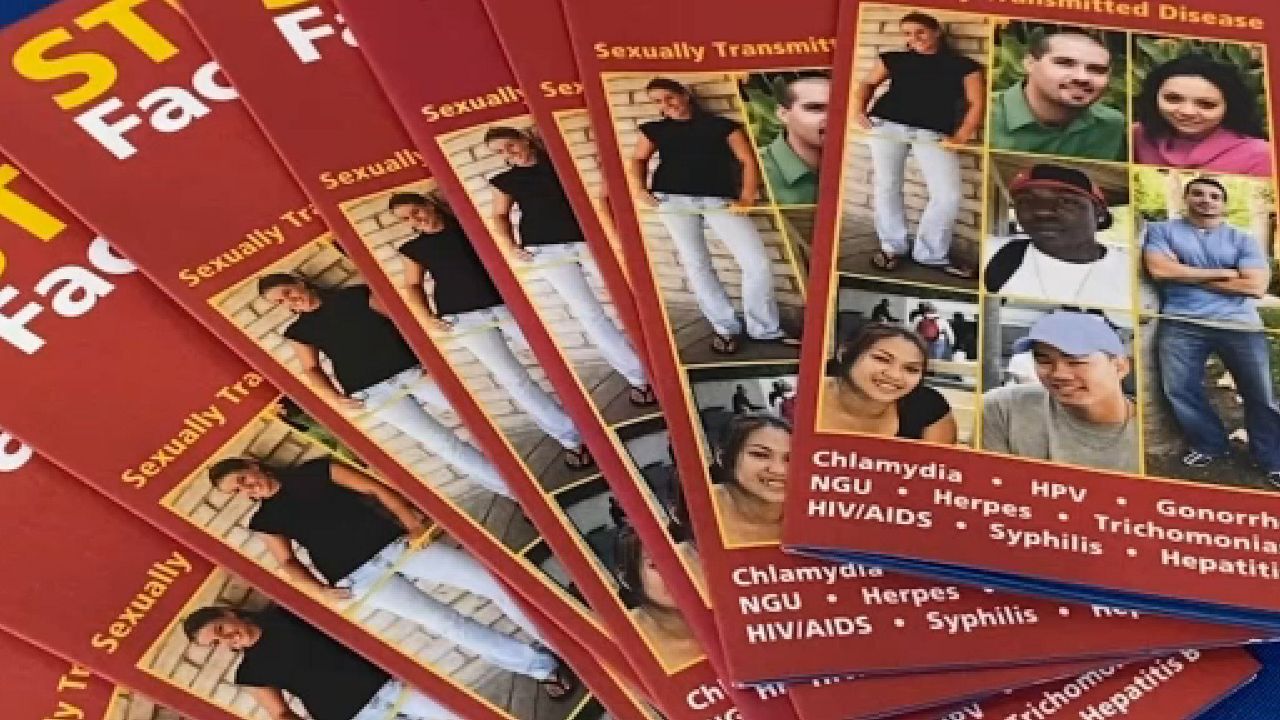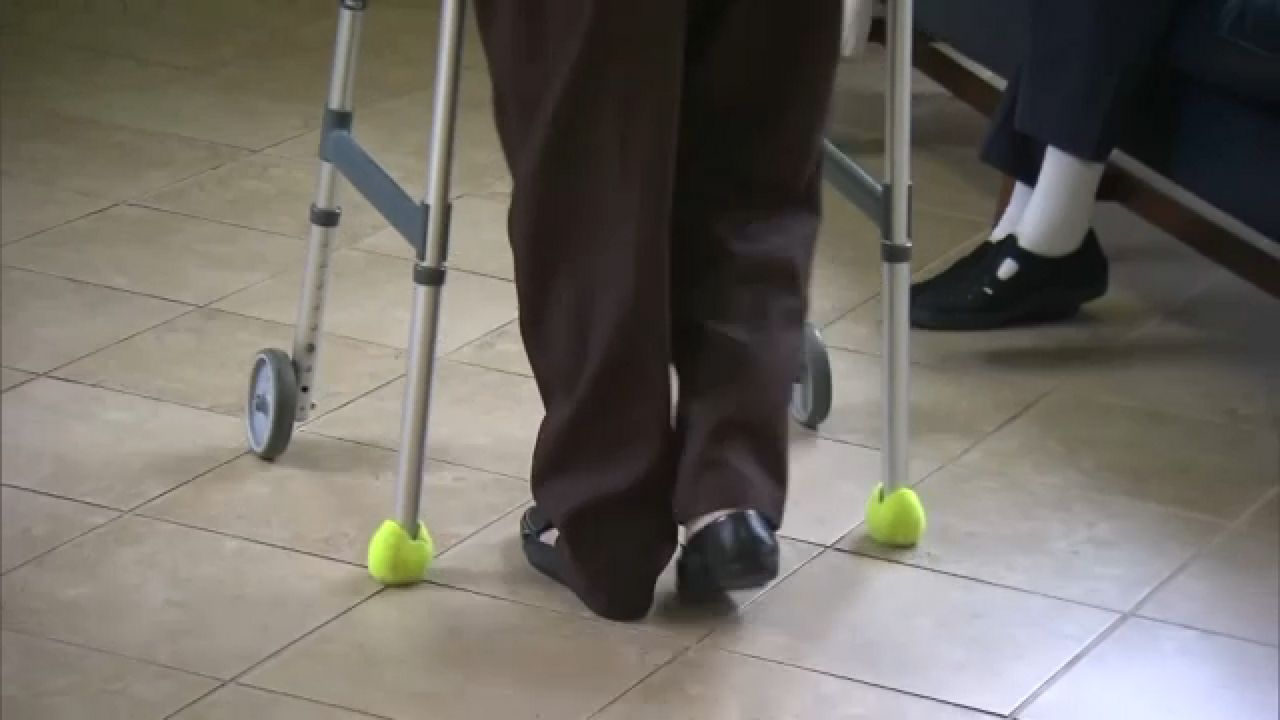The rate of infectious cases of syphilis in the U.S. is at the highest level it’s been in nearly 75 years. The Centers for Disease Control and Prevention reported a 10% increase in 2022.
New York is by no means immune to the alarming trend.
The last syphilis epidemic peaked in 1990 with about 14,000 cases before it was nearly eliminated in the decade that followed. But experts say it’s spreading once again – and fast.
“From 2000 to last year, syphilis has exploded,” said Dr. Wilson Miranda of the state Health Department's Office of Sexual Health and Epidemiology. It's exploded to the tune of 2,800%.
There were 118 cases diagnosed statewide in 1998, but more than 3,500 in 2021.
“What these diseases do is that they can destroy the reproductive system, they can result in still births and deaths in infants," Miranda said. "They’re also spread because they’re extremely silent.”
Miranda said there are a number of contributing factors, including a lack of awareness, less condom use, other diseases like COVID-19 being prioritized and the use of illegal substances.
“People may be trading sex for drugs, sex for money and all of that, so those are also possibly contributing to increases in STIs,” Miranda said.
Congenital syphilis, or mother-to-child transmission, is also on the rise. Between 2020 and 2021, the state reported a 22% increase.
“We used to see roughly two or three cases per year. Now we’re seeing 50 cases,” Miranda said.
Miranda said the state is being proactive to help combat this particular transmission, including through a new law that encourages pregnant women to test in their third trimester, in addition to required syphilis testing at the time of first examination as well as delivery.
“That gives us enough time to detect the disease and successfully treat the person before they deliver,” Miranda said.
Experts believe testing and testing often is key.
“One of the most common symptoms is no symptom at all,” said Zanetta Gary of Upper Hudson Planned Parenthood.
Gary specializes in public education. Upper Hudson Planned Parenthood administers about 2,500 tests a year.
“That is really the only way to know for sure," Gary said. "You can’t rely on your own sexual history, or the word of your partner. You just have to come get tested.”
It took an intense public health effort in the 1990s to remedy the spread of syphilis. Miranda is calling for a renewed effort.
“One case is one too many in terms of syphilis and congenital syphilis, so we need to continue this effort on all levels to keep this going," Miranda said.
Another obstacle public health officials face is a shortage of the preferred drug used to treat syphilis. It’s believed that should improve later this year, but health experts are wary.
EDITOR'S NOTE: This story has been corrected to clarify the new law on testing.









